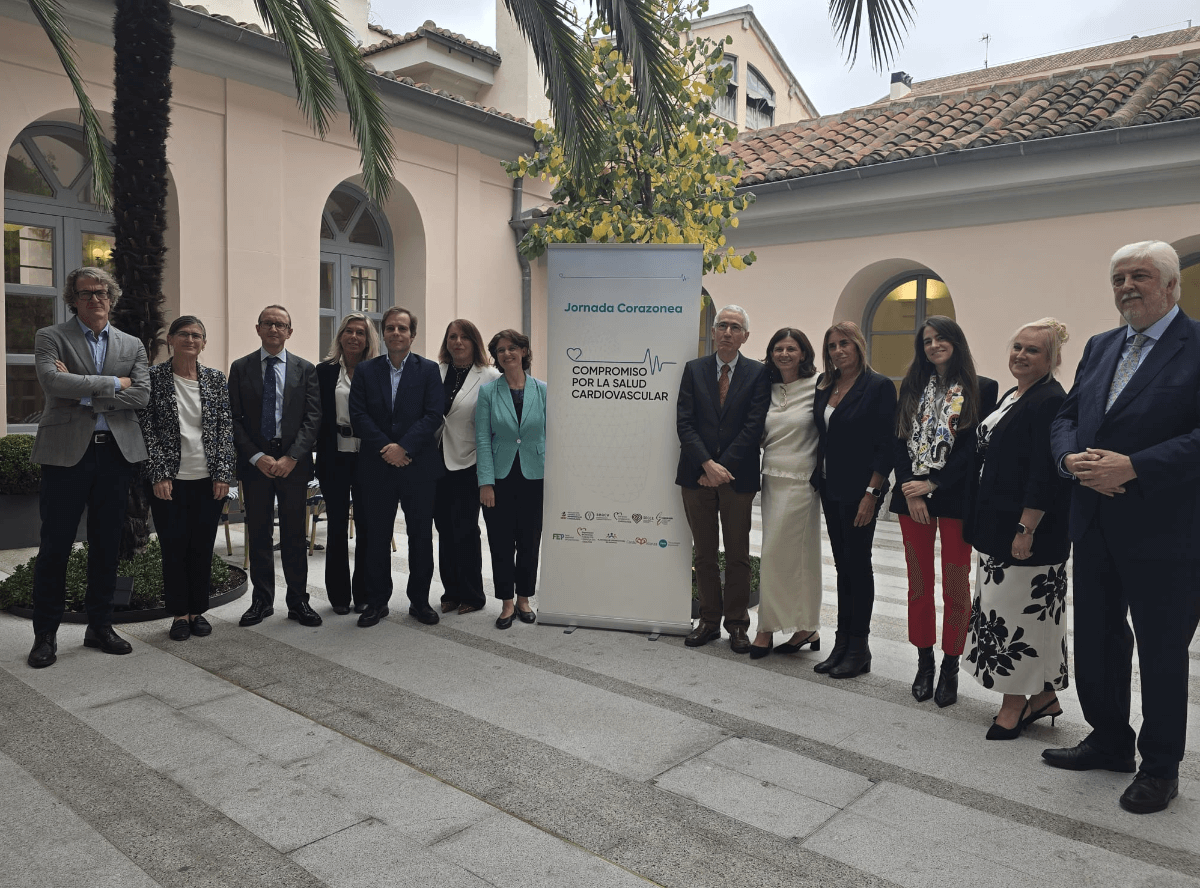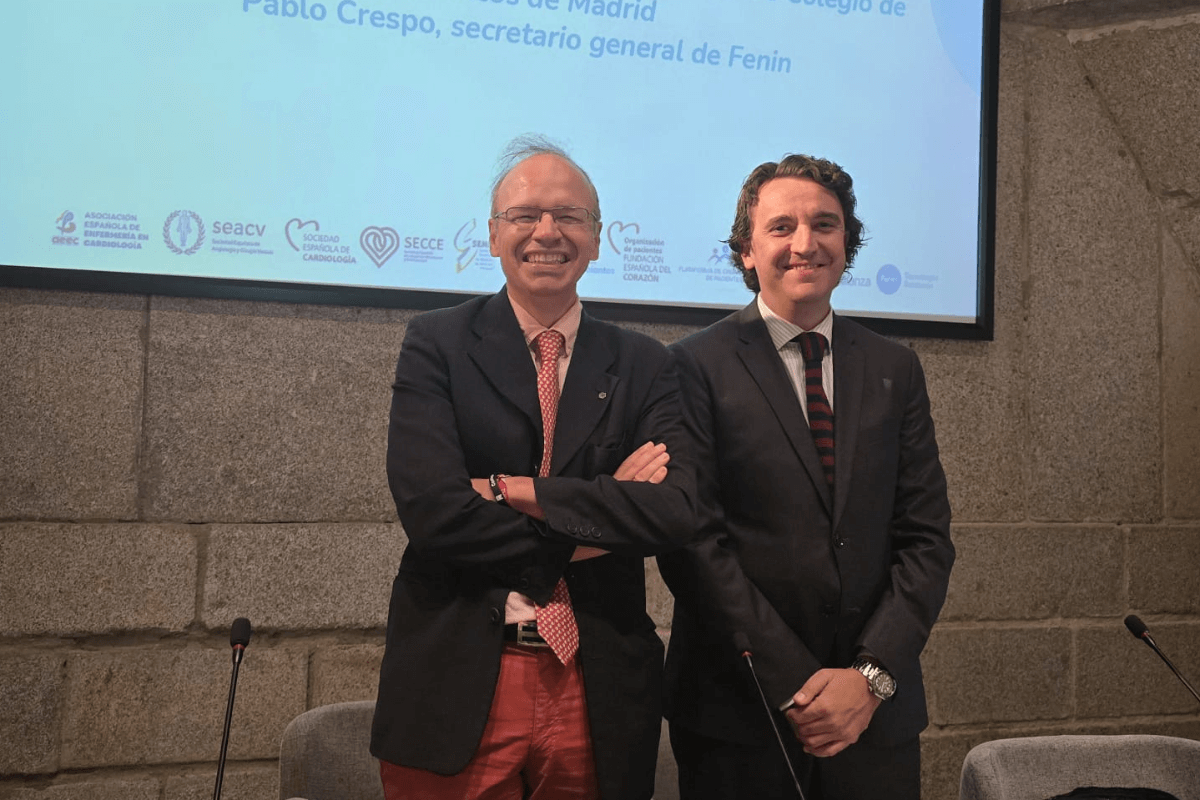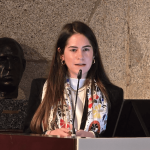
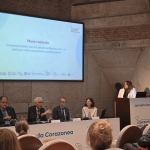
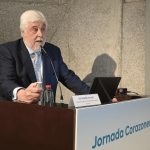
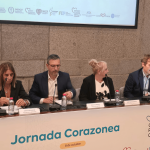
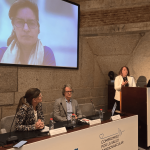
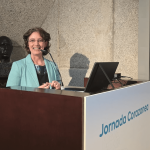
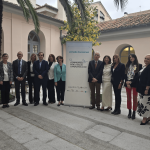
The Jornada Corazonea, this Tuesday at the Official College of Physicians of Madrid, became a forum for debate and reflection in which health professionals, patients and representatives of public institutions and the Health Technology industry took a complete photograph of health cardiovascular in our…
The Heart Daythis Tuesday at the Official College of Physicians of Madrid, became a forum for debate and reflection in which health professionals, patients and representatives of public institutions and the Health Technology industry carried out a complete photograph of the cardiovascular health in our country. Specifically, the development of the National Strategy on Cardiovascular Health (ESCAV)approved by the Interterritorial Council of the National Health System in 2022. Isabel Davila CEO of Feninpreviously recalled that collaboration between institutions is essential to carry out initiatives in the prevention of cardiovascular health.
He welcomed the Dr. Manuel Martínez-Sellés, president of the Illustrious College of Physicians of Madrid. He stressed the need for everyone to go hand in hand, highlighting the importance of technological development in cardiology. For its part; Pablo Crespo, general secretary Feninhe remembered that Every four minutes a person dies in Spain from a cardiovascular problem and it is the first cause of hospital admission. He made it clear that health technology plays a key role in care and that we must work on prevention. Also towards an early diagnosis. He warned that there is a lot of work to be done, that the ESCAV is not going at the desired speed.
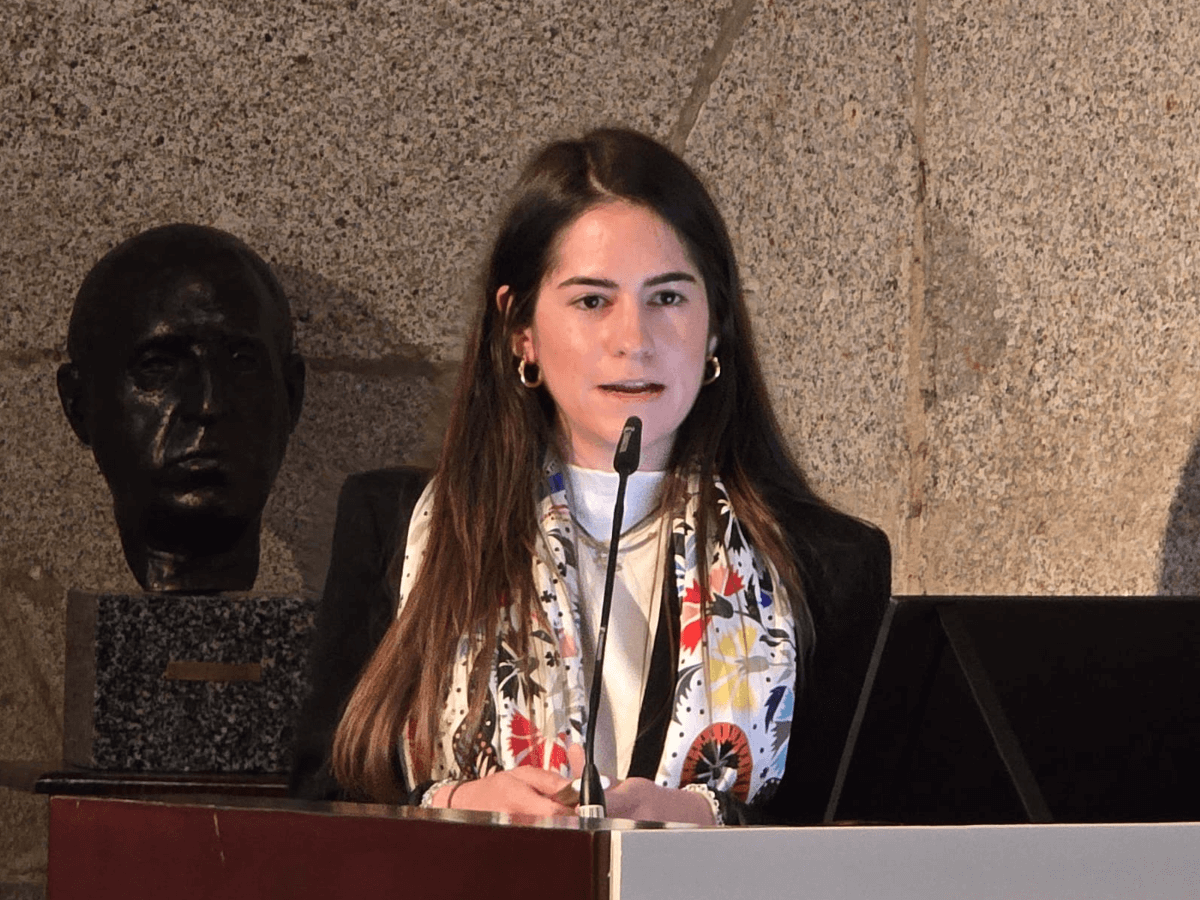
Carla Duenas, coordinator of the Cardiovascular Health Strategy of the National Health Systemin the opening presentation, pointed out that the ESCAV seeks to achieve the highest possible level of health in people, apart from reducing the prevalence of cardiovascular diseases. The ESCAV takes into account the gender perspective. Psychological alterations associated with cardiovascular diseases are frequent and important because they have a prognostic impact, being associated with worse outcomes, not only in psychological symptoms and quality of life, but in health outcomes, such as mortality. The prevalence of depressive symptoms in patients with coronary artery disease and heart failure in Spain is high and is associated with higher mortality. For all these reasons, the objective of the ESCAV, which has 170 indicators, is “improve the level of cardiovascular health“. Among other activities, a mapping of priority indicators was carried out. They are working on a repository of good practices in cardiovascular health. Another point is the joint action in cardiovascular health and diabetes (Spain has eleven participating organizations in it). He stated that “emphasis is being placed on tobacco and alcohol consumption in the prevention of cardiovascular diseases“.
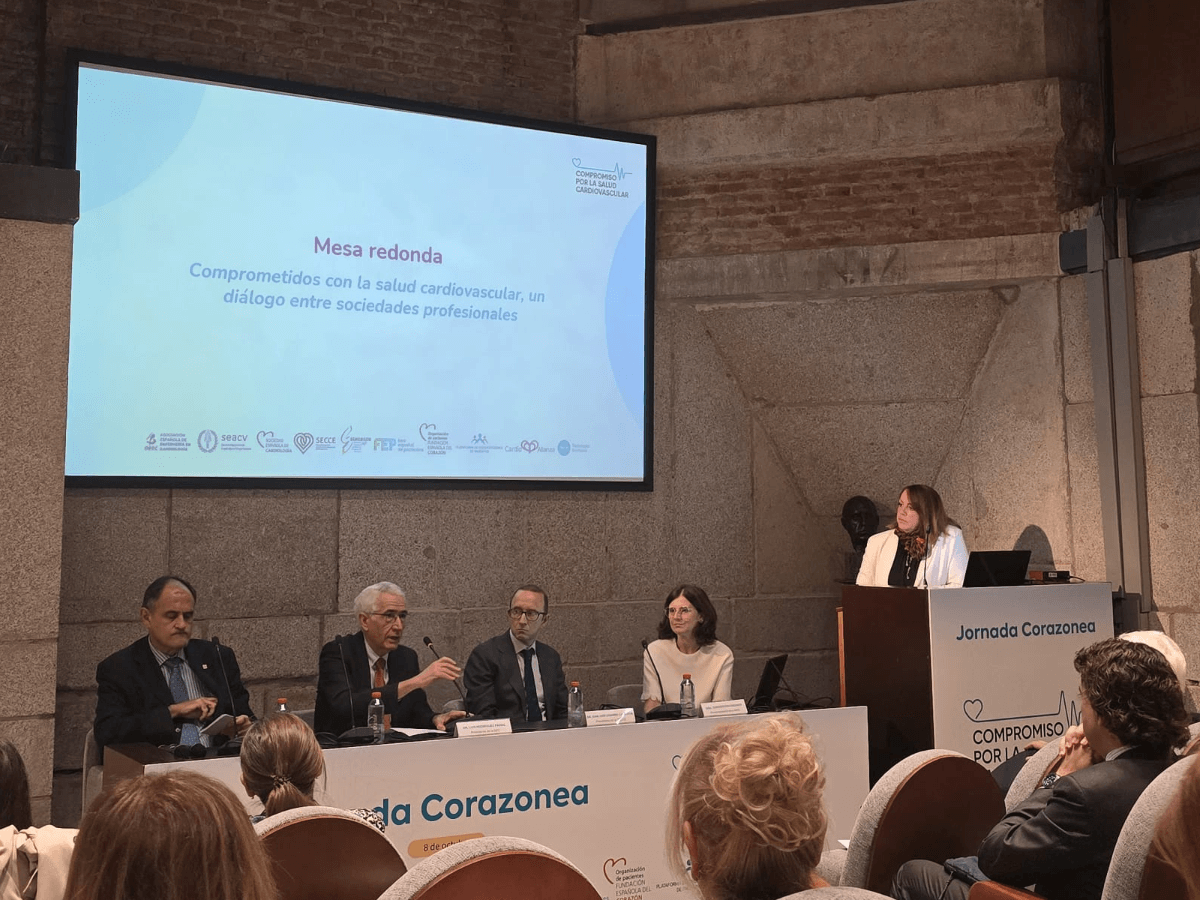
The round table Committed to cardiovascular health: dialogue between professional societies was a moderator for María José Blanco, president of Fenin’s Cardiovascular sector. He Dr. Luis Rodríguez Padial, SEC chairmancommented that now it is necessary “explorers“, that they know what the terrain is like. The idea is for hospitals to collaborate and see what resources need to be provided to patients. They are collaborating with the implementation of technology.”It is an investment in quality improvement and it is necessary to worry about it“, he said. A primary point is coordination.
He Dr. Juan José Legarra Calderón, president of the SECCEstated that emphasis is placed on approaching the patient early once they have had an intervention. Your organization has published a guide book so that patients know what their cardiovascular intervention and recovery process will be like. He stressed that the surgeon monitors at all times. He Dr. José Polo García, president of SEMERGENalluded to the role of Primary Care in prevention. “It is the backbone of the health system, and in the education of the patient and caregiver. We do the strict control of patients’ cardiovascular risk“, he declared. He asserted that therapeutic adherence is very important. He regretted that the physical examination, auscultation, of the patient is being lost. “We must insist that we must resume it“, he expressed. In his opinion, the control of cardiovascular risk factors is basic in prevention. But, there is only 60% control of blood pressure. That is “a big risk“The coordination between Primary and Hospital has always been a pending issue, but with the cardiology services it has been working well.
A fundamental piece is specialized nursing. Crossed Conception, vice president of the AEECadvocated for having more and more empowered professionals, who can assume more complex skills. The problem is that in Spain nurses continue to be hired for a single fee. Nursing training will provide the patient with comprehensive assistance. Specialized nurses also contribute to telemedicine, from patient monitoring.
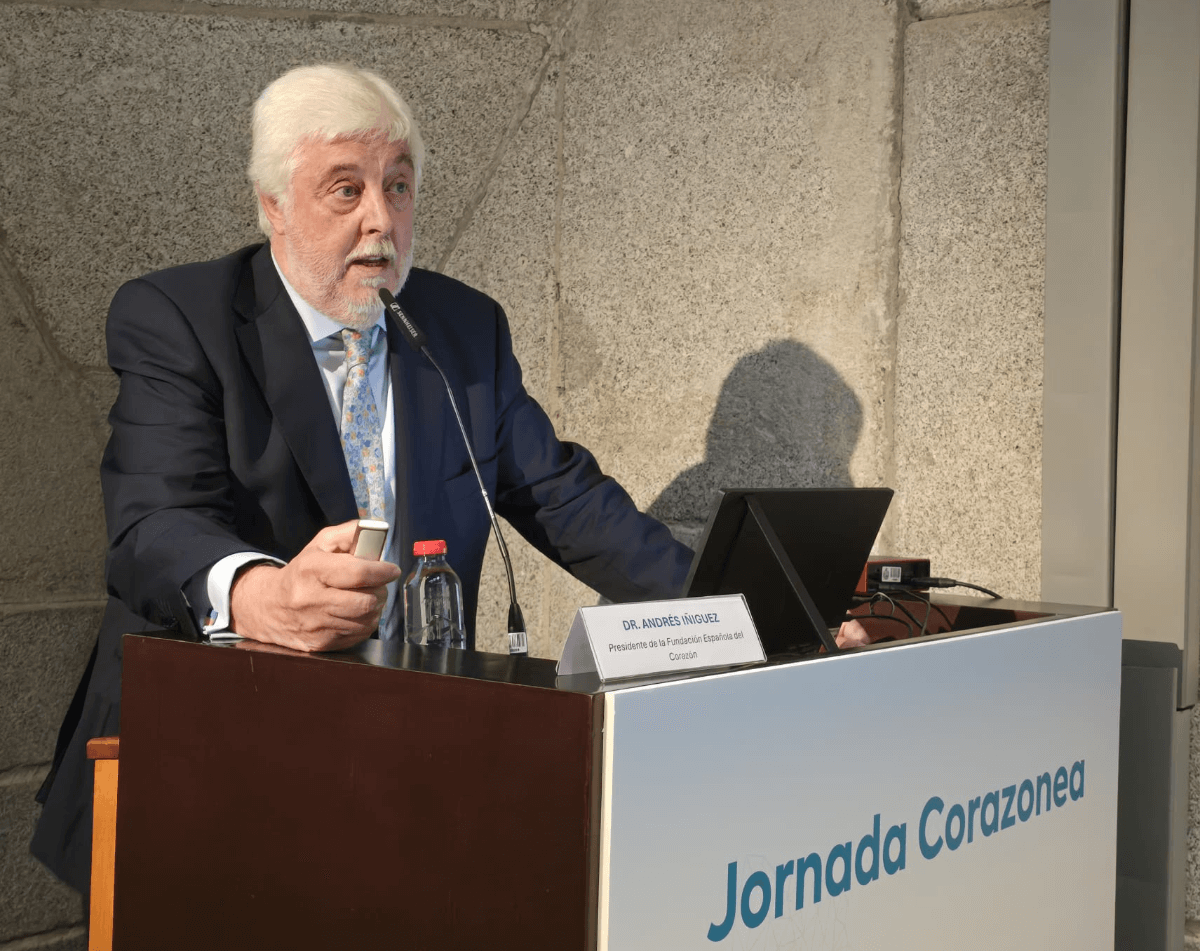
The presentation of Dr. Andrés Iñiguez, president of the Spanish Heart Foundationdealt with the challenges in the implementation of the Cardiovascular Strategy. “Cardiovascular disease kills 120,000 people every year and it is as if we have Covid every year. That’s what we’re facing“he declared. LA ESCAV wants to minimize its impact, but it encounters barriers.”The biggest challenge is to achieve its objective, to have citizens with cardiovascular health“, he stressed. Information and training campaigns for citizens in prevention are essential. He criticized that the National Health System (SNS) measures its activity poorly. Another step is to raise awareness among citizens. If we are not aware that we have non-heart-healthy habits , we will hardly be able to change them. The General Directorate of Traffic (DGT) invests 30 million in campaigns per year, while 100,000 euros are invested in cardiovascular health campaigns. Resources and the help of professionals are needed, which we need. “you have to motivate“.
Another challenge is to have “a comprehensive approach to acute pathology“. It is difficult to go from a rhetorical slogan to the truth, when it is said that the patient must be put at the center. It implies complying with quality standards, among other things. One premise is to protocolize the processes and procedures. We must change the organization of services, so that they stop being vertical and become transversal. approach to chronic pathology It’s another challenge. We have to be aware of aging. This includes the continuity of care.
He also cited the challenge of financing. You have to be within the average expenditure of the European Union. The financing of ESCAV itself is a problem. It would have to be called a National Plan so that it would have an associated budget. Still, he advised “run away from the photo“, focus on reality and what is feasible. Likewise, provide it with resources like a State Planto minimize and avoid the biggest health problem that exists, which is cardiovascular disease. Of course, “take into account and resolve the aspects related to the resolution of the critical points presented“.
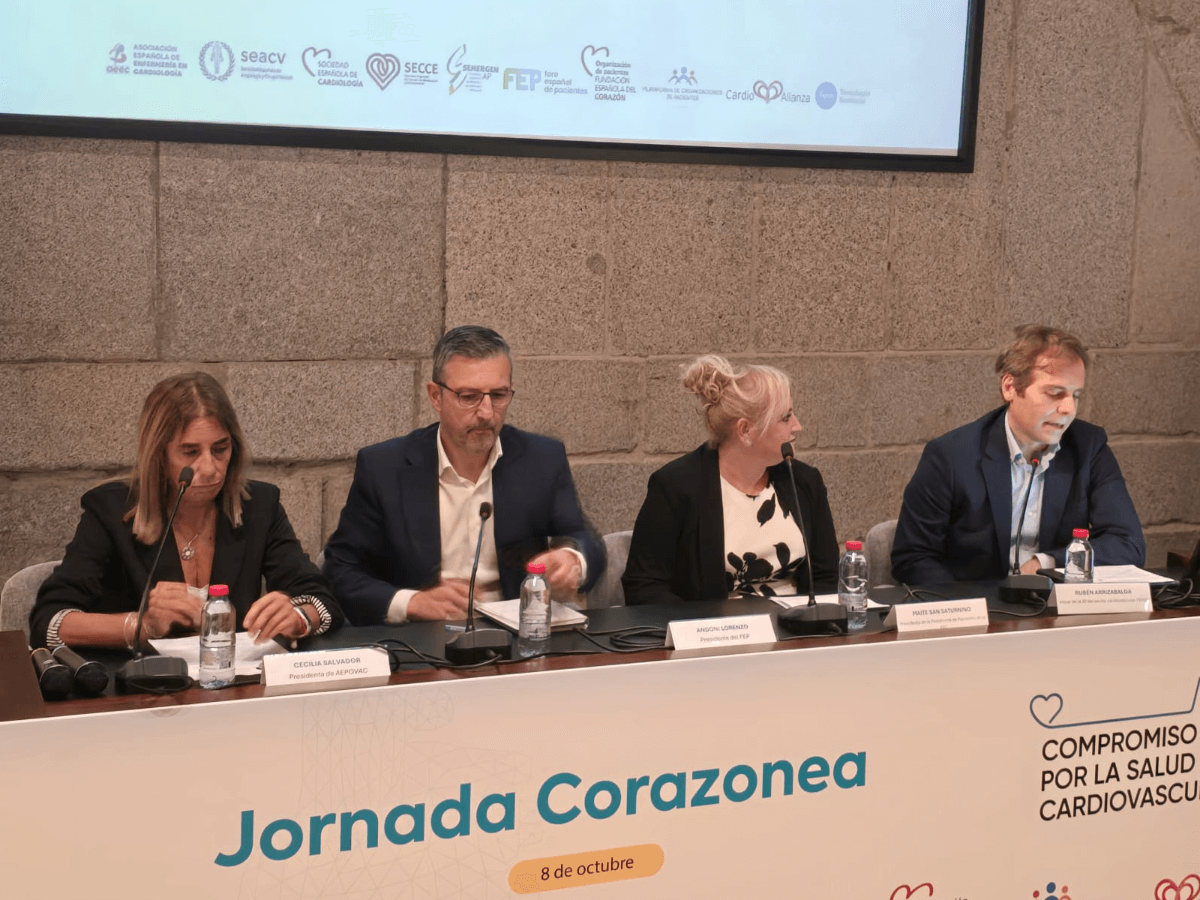
A second round table of the day focused on the cardiovascular patient: prevention, control and collaboration; moderated by Eduardo Lopez, treasurer of the Cardiovascular sector of Fenin. Maite San Saturnino, president of the FEC Patient Platformappreciated that we must continue fighting, that they want to collaborate as patients. He demanded commitment from the ministries to carry out the ESCAV. Andoni Lorenzo, president of the EFFbegan that the fact that there is a strategy implies a recognition that there is a problem, that work will be done to reduce deaths. “This is already a start“, he explained. Cecilia Salvador, president of AEPOVAChighlighted that, according to many experts, “valvular heart disease is the pandemic of the future“. He proposed continuing research to obtain a higher quality of life. Prevention, both primary and secondary, and health promotion is something that is within the ESCAV on which a lot of emphasis must be made. We must give visibility to such a disease. prevalent like this one.
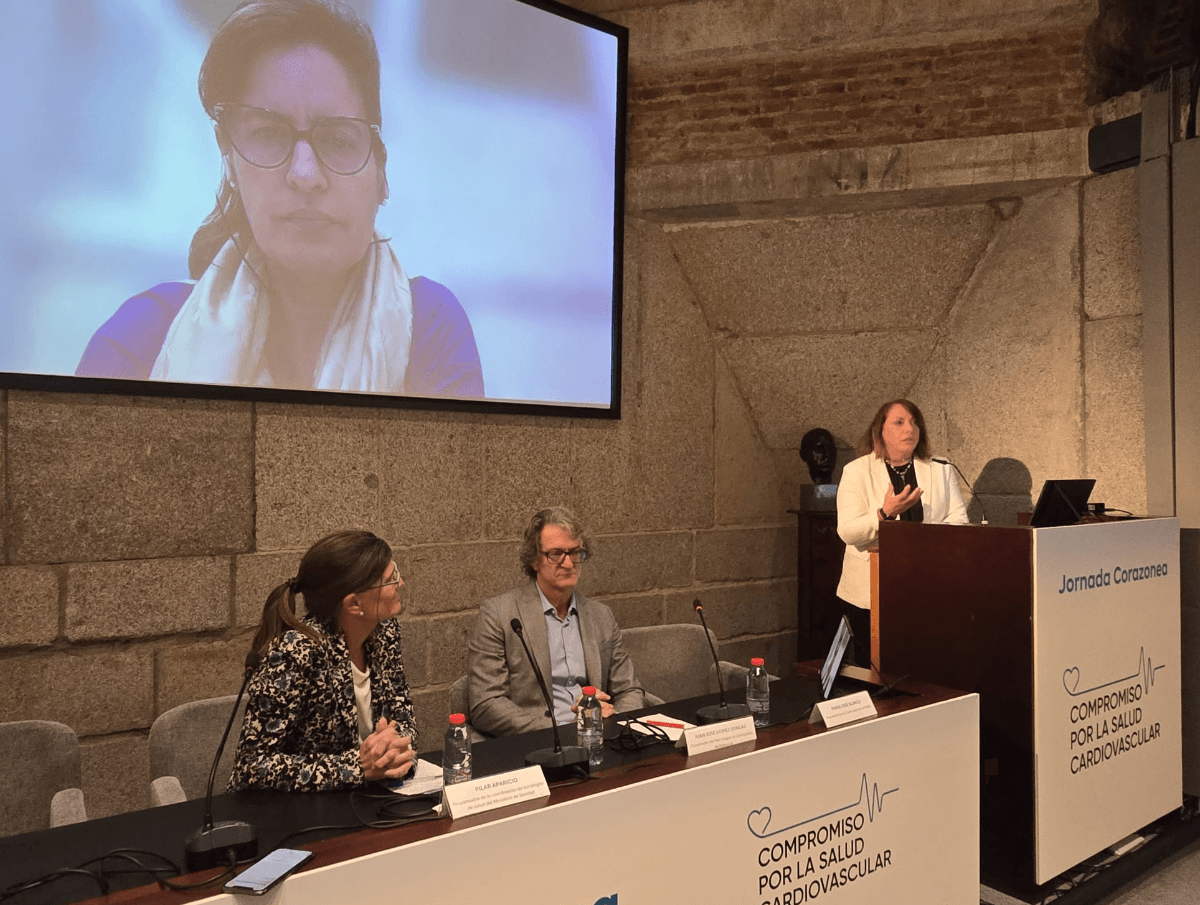
A final round table was about A collective approach to cardiovascular health: dialogue between those responsible for health strategies. Pilar Aparicio, responsible for the coordination of health strategies of the Ministry of Healthclarified that all types of organizations are in the ESCAV and that a strong coordination effort has had to be done. And also agreed upon with the territories. “From the Ministry we strongly defend that we have a SNS. In Germany they greatly envy the coordination we have with the territories. The financing goes directly to the autonomous communities“, he explained. The strategies, he stressed, set priorities. In Europe we have seen the importance of the ESCAV, of how cardiovascular health problems are addressed at the European level. He stated that there are extraordinary data, although they do not get enough juice out of it. Within prevention, it is essential that the Administration facilitates healthy environments.
Helena Tizón, director of the Director Plan for diseases of the circulatory system of Cataloniaagreed that data on incidence and prevalence are needed to be able to plan well and it is one of the lines to follow from his position. Juan José Gómez Doblas, coordinator of the Comprehensive Heart Disease Plan of Andalusiareported that in their region they want to develop their own strategy. They learned the role of Primary Care in health promotion, but also the role of pediatrics. He added that pediatricians should have a more relevant role in the plan.
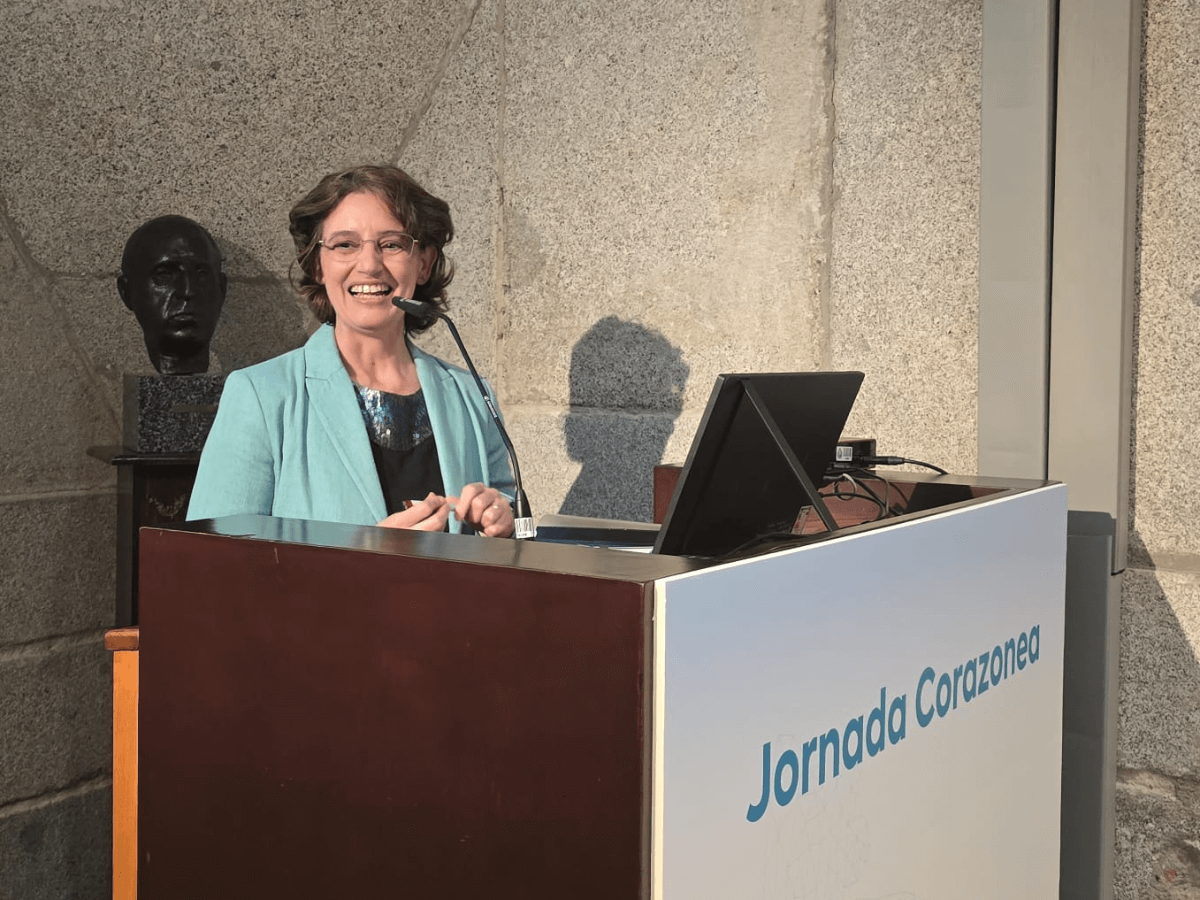
The closing was with Marta Molina Olivas, Deputy Director General of Prevention and Health Promotion of the Community of Madrid. “Comprehensive care has to do with primary care, secondary care, rehabilitation, etc., including palliative care.“, he pronounced. He referred to an enormous volume of attention. The advantage is that these diseases are “preventable in a large percentage of them“, and with common factors such as a healthy lifestyle. It is hard work that pays off slowly. You have to start working on this from childhood.
This meeting arose after the birth of the alliance Commitment to cardiovascular health, promoted by the Spanish Federation of Health Technology Companies (Fenin), and of which a dozen scientific societies and patient associations are part.
